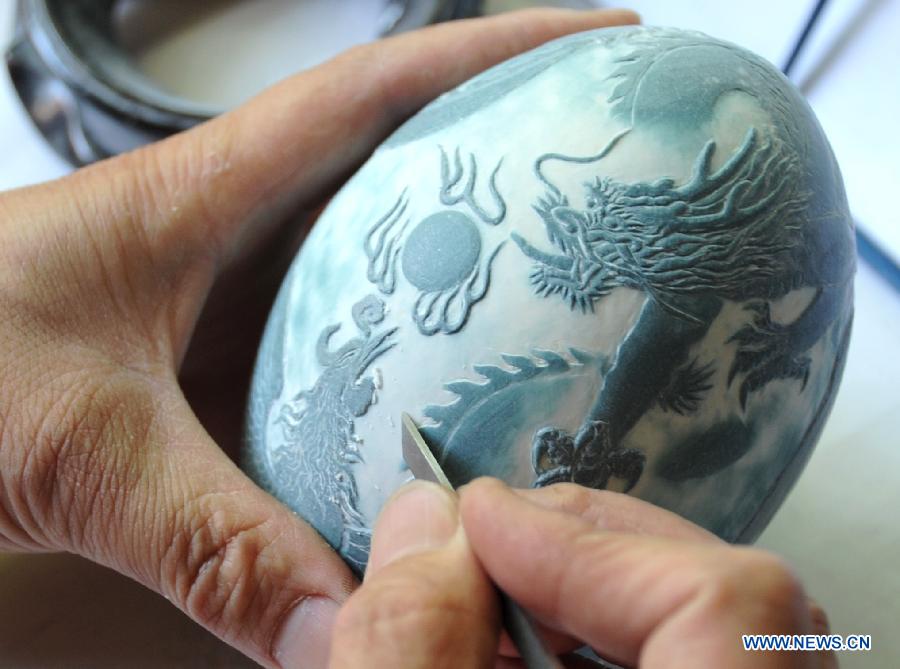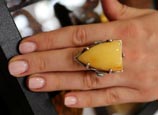
Fragile confidence
On topics where common ground can be sought, courteous exchange is possible. But relatively peaceful discussion is occasionally disconcerting, in that it reveals to the outside world the fragile self-confidence of a rising nation.
According to Rehage, Chinese netizens are either annoyingly arrogant or blindly obsequious toward other countries.
Rehage said he often came across online posts that exaggerate the "admirable traits" of the Germans.
For example, in response to a post titled "Feel the German strictness and experience the rise of Germany through 23 details," Rehage refuted, one by one, the presented details and said as a German he could prove they were but well-intended myths.
We all tend to apply stereotypes to others. In Germany's case, the stereotypes are mostly good.
But as Rehage has found out, the many good traits of the Germans are actually our imagination rather than facts, and individual Germans don't often relish the association with their heavily stereotyped countrymen.
During my work placement with Hamburg-based GEO magazine last year, Torsten Schaefer, a colleague, told me that he was concerned about the Bavarian domination of the German image abroad. Coming from near Frankfurt, Torsten didn't like the association with beer-drinking, pork knuckle-eating Bavarians.
Sweeping statements about other peoples mirror the naivety of the speaker. George Washington once said, the Nation, which indulges towards another an habitual hatred, or an habitual fondness, is in some degree a slave.
Our blind fondness of some foreigners is a kind of self-imposed enslavement. So is our vilification of a neighbor with whom we have bitter war memories.
As such, Rehage felt compelled to help Chinese build their confidence. "You and the United States are both great nations, you need to be more confident of yourselves," he is quoted as saying recently in a newspaper report.
Despite increased contacts with the external world, many Chinese do tend to react emotionally to foreign views or actions about their country, sometimes in a friendly way, sometimes not.
Foreign experiences are cited to either reinforce their inferiority complex or satisfy their superiority to others. This parochial mentality doesn't accord with the image of a burgeoning nation.
At present it's hard for rationality and responsibility to thrive on weibo, which seems like a cesspool where all kinds of vulgarity fester. If we are aware that weibo is followed not just by domestic users, but pored over by keen foreign observers like Rehage, will we think twice before spreading smut that hurts the face of our proud nation?
Western observers of China don't always understand the nation. The judgments they make on oddities like weibo can trigger a ferocious melee, a backlash, leading them to think of Chinese as an "impossible" nation. This is a predicament often felt by those "others" - aliens in a distinct cultural system.
I once read a story in an issue of Dushu journal published in the 90s. Dushu is China's leading intellectual monthly. It was about a foreigner, a longtime resident of Beijing and a fluent Mandarin speaker, who showed the way to a migrant.


















 Shocking! Hairy stocking to beat sex harassment
Shocking! Hairy stocking to beat sex harassment


![]()
